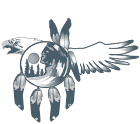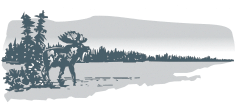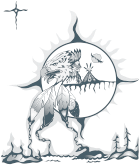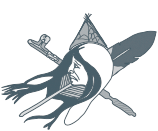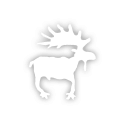
Meet Our Guardians
Owen
One goal is to help people start eating more traditionally instead of eating whatever has been traded.
Owen Bear, Lands Guardian, Poplar River First Nation
Where were you born?
I was born in a hospital in Winnipeg, but I grew up in Poplar River. And that’s where I have stayed all my life, except for about four years in the city for high school. But that’s about it.
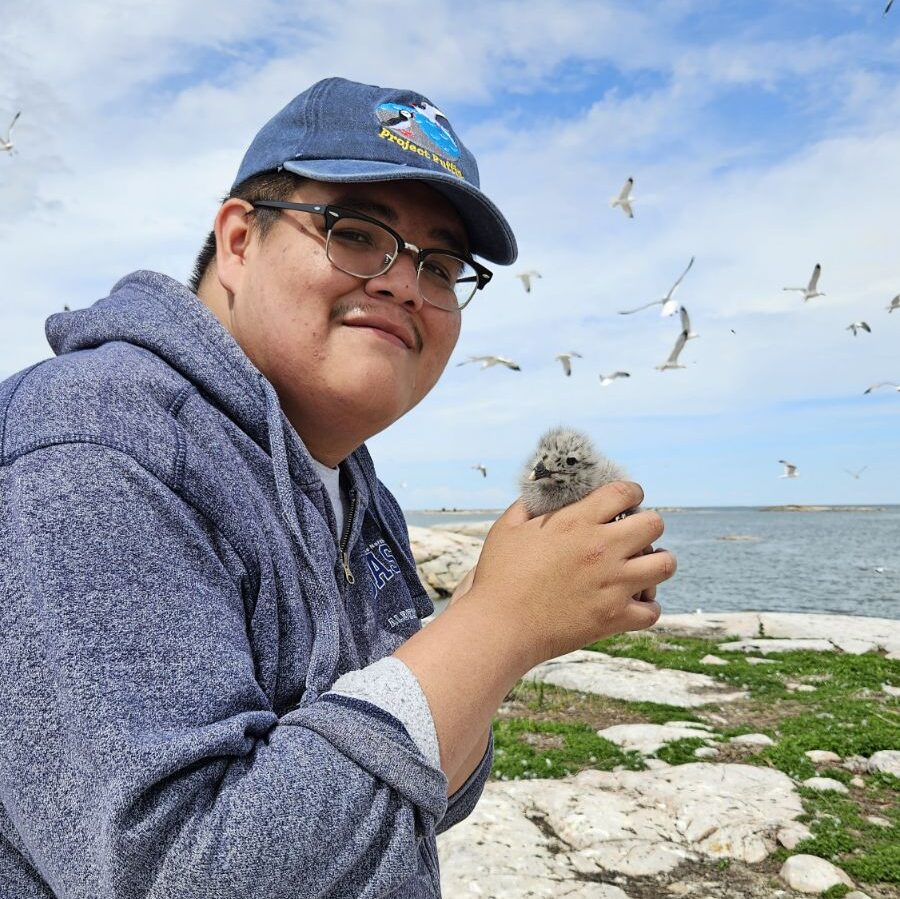
What are your earliest memories of keeping the land?
I didn’t grow up with many memories of living off the land. Traditionally, my grandfather did the fishing and moose hunting, and he would often take me with him which stuck with me.
What are some of your responsibilities as a Guardian?
I am a new Guardian, so I’ve not been on the land long, but I hope to change that.
There are many responsibilities I have as a Guardian and it is always different each day, but here are some quick short examples.
There’s this place called Black River in Poplar River. I have been there with [Pimachiowin Aki Board Director] Eddie Hudson to put songmeters out on the lake and check them and send recordings to Audubon. This summer we also monitored water quality, shoreline erosion, algae blooms, and muskeg moisture content out in Weaver Lake on traditional land.
I’m also part of our community’s search and rescue team as the drone operator. It is very important as I’ll always be there for our community members and be a part of their searches. That’s one of my honourable duties that I can be proud of.
How has becoming a Guardian benefited you?
Becoming a Guardian has benefited me a lot mentally and physically.
I’m not in the best shape yet so it’s very taxing on my body, trying to keep up with everyone when we go out. For monitoring, I had youth come along with me, and they were a really great help as this was not a one-person job. The muskeg was really rough. We had to carry a lot—equipment, dirt, a big spear, an auger—and it requires a lot of strength. So being a Guardian has been helping me keep fit and be healthy.
And on the mental aspect, it takes me away from the office and looking at a screen all day. It helps me keep calm and is helpful in a meditation sort of way. It really helps me connect with myself.
What is your greatest sense of achievement so far as a Guardian?
First, getting this job. Also, helping out with our youth – getting youth interested in lands and being able to show them why it’s important to keep the land safe and preserve it for the next generation.
Also going to Hog Island Audubon Camp to learn more about bird research. There, wildlife was abundant. Birds were everywhere and they were not afraid to walk and fly around us. It felt like stories that our Elders have told us. Seeing this well-preserved area showed me what our lands could be and should be.
There will be many more achievements to come. Like our butcher shop. I’m excited for that.
What can you tell us about the butcher shop?
Our Lands Guardian program is setting up a harvester program. It will hire hunters, fishers, and berry pickers to provide meat, fish and berries to deliver to households in the community. We are going to be managing a butcher shop, which we’ve been building for the program. It’s not complete yet but it’s going to be used for harvesting moose, geese, fish, and other wildlife.
We have also developed some home gardens in the community, and we’ll be making a two-acre community farm in the future as well to harvest vegetables and distribute them to community homes.
What role will you play in the harvester program?
One of the things I will be responsible for is moose hunting. I’ll be there to advise them with our traditional laws to prevent any over-hunting or illegal hunts, and make sure all of our Elders’ wishes are being kept.
We’re trying to keep a log of where people are hunting and how much they’re hunting in an area. That will help us keep an eye on the moose population and show people to not over hunt in one area and go to another.
What are your goals as a Guardian?
One goal is to help people start eating more traditionally instead of eating whatever has been imported into the community. It might sound a little harsh, but we need to stop eating garbage. We need to stop eating processed foods. The harvester program will help us get the traditional nourishment that we need.
Also, I would like to help restore wildlife populations that are diminishing and be an inspiration to show people how important it is to preserve our wildlands.
What is your favourite way to spend time on the land when you are not at work?
That would have to be swimming. I also like going on boat rides and just being outside. I’m grateful that our water is decent enough so we can safely swim in it, and, really, just walk around and enjoy it.

